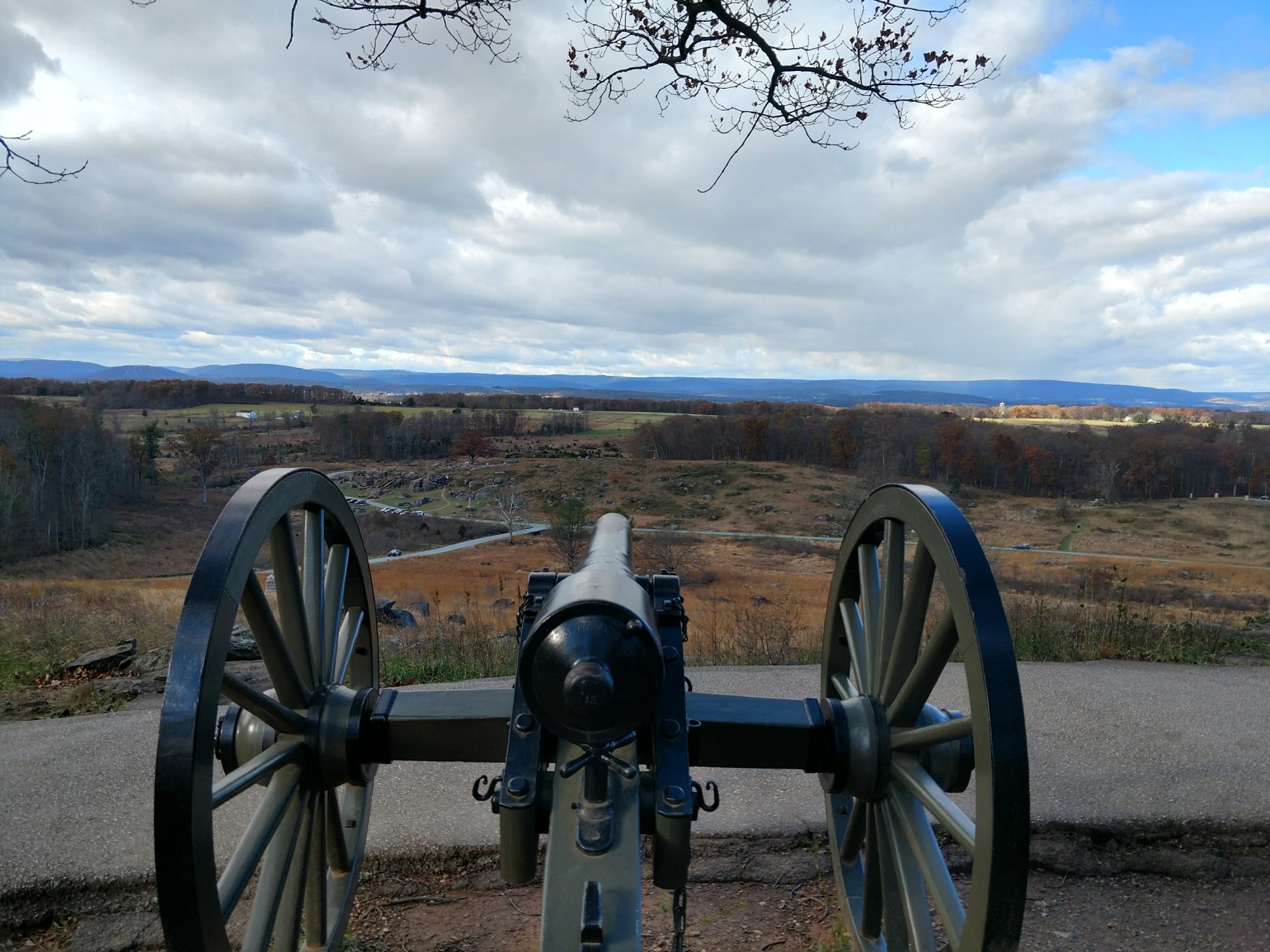It’s Veterans Day. Which means a proliferation of “thank you for your service” posts across social media from civilians which will be matched by the “I’m so special that you can’t understand my service,” posts from some – not all – veterans. This is what experts would say is indicative of the civilian-military divide that has increased over the years of the war on terror. What most experts don’t seem to understand, however, is that the military is just a microcosm of the larger society; the problem lies in that we speak different languages, and that there is a tendency in the military to want to see ourselves as different.
There are multiple ways in which the so-called “civilian-military divide” can be crossed. One is the way that veterans integrate back into society and the way that they are portrayed in the media. From films to television, veterans have been depicted in ways which range from the PTSD-ridden tortured soul who cannot be held accountable for their actions to the supremely sacrificial person who is heroic in all situations. In reality, the answer lies somewhere in the middle. Veterans are, after all, people. They reflect the society which produces them and experience the same emotions and motivations as the rest of society. Simply put, veterans are humans.
One of the more notable and least discussed depictions of veterans in media comes from the video game Fallout 4. Set in a post-apocalyptic future world that has been wrecked by nuclear war, the protagonist is a nameless individual called the “Sole Survivor.” The character is nebulous, in order for the player to choose their name, gender, and personality traits. We do know a few things about the Sole Survivor from the opening game sequence, however. We know that he or she has a spouse and a newly born son, and that she/he is devoted to both.
And we know that the Sole Survivor is a veteran. And comes from a family of veterans. The introduction sequence shows a World War II-era shot of a soldier charging over a beachhead, while the Sole Survivor narrates how their great-great grandfather served in the Army and wondered when he would be able to come home to his family.

We are introduced to the Sole Survivor through a brief scene where they look at a photo of their spouse before walking off on a patrol – just as so many veterans have done. As the heavily armored soldiers head off down the road, the Sole Survivor narrates their memory:
“We stand on the brink of total war, and I am afraid. For myself, for my wife, for my infant son – because if my time in the army taught me one thing: it’s that war, war never changes.”
After this sequence, we see the Sole Survivor for the first time, in front of a mirror as they prepare to go to a meeting at the Veteran’s Hall, where – as a decorated war hero – the character is supposed to give a speech. We learn that this speech is the narration we hear in the opening sequence ending in “war, war never changes.”
As an interesting aside, the date the game begins is October 23, 2077 which could mean nothing, or it could reference that from 1971-1977, Veterans Day was the fourth Monday of October.
As the game develops, we find that the character is unable to give this speech because the world does indeed enter a period of total war; nuclear holocaust engulfs the planet in 2077. The protagonist and his family enter a vault where they are cryogenically frozen in order to survive until the radiation can recede. However, the Sole Survivor’s infant – Shuan – is kidnapped and their spouse is killed . The Sole Survivor emerges in 2287 to discover a world still torn by conflict, with their son still missing. Which begins the quest to find Shaun.

So much for the overall plot and introduction. You might be asking why this depiction of veterans is any different from others. It comes out in the gameplay, where, as the main character, you get to choose your own future. You can elect to side with the powerless and weak who are just trying to make a living in the wrecked landscape, or with the privileged and powerful, who choose to manipulate the new society for their own ends. You can be empathetic or heartless or generous or vicious or xenophobic or manipulative. The list goes on. Essentially, you are presented with a multitude of options for how you want to live your life. Which is exactly what veterans are given when they return to society.
In this, the game gets to the heart of what veterans face every day: how to live our lives. It is a uniquely human depiction of veterans and our daily struggles.
The crux of the game is the veteran’s attempts to grasp any sense of normalcy that they can, and this begins with family. The Sole Survivor must navigate the wastelands of the Commonwealth – the greater Boston area – to find their son, Shaun.

As an aside, Bethesda Softworks did an amazing job getting the historical details of the game right. For example, there is a National Guard armory the player will come across in the course of play. Rather than leave it generic, the studio did its research and the armory is home to greater Boston’s own 1st Battalion, 101st Field Artillery Regiment, one of the oldest and most historic units in the U.S. Army National Guard. And for Navy history geeks, the U.S.S. Constitution mission is just terrific.

But back on track. This quest for normalcy – for finding family in a broken world – is something that many veterans can relate to. In the end, the player discovers (SPOILER ALERT) that their son is actually grown up now and heading up a secretive scientific group called The Institute that has basically been running predatory scientific experiments in the Commonwealth. As with all aspects of the game, the player has to choose whether to side with their son, or break with him. Families can change when the veteran is away, just as the veteran might. In this case, the change is not necessarily for the better. The player must choose how they will deal with this, which is a fascinating – if somewhat troubling – aspect of the game.

Rather than depict the main character as a boilerplate veteran – either of the hero or PTSD variety – Bethesda gives players the ability to treat their veteran character as a normal person. Which is really just how all veterans are. All have different backgrounds, experiences, coping mechanisms, and cultural norms which serve to influence them in their lives. All have given something to protect this nation. And all deal with that in different ways.
So this Veterans Day, lets remember that there is no single “type” of veteran. We are all different, all unique. Many are heroes. I have been lucky enough to know women and men who I consider as falling into this characterization, and they are remarkable. Many have experienced trauma, and are dealing with it every day. Many – as myself – simply served. What we do have in common is that we went where our nation asked us to go. And that we all face every day with choices to make.
To all veterans, thank you. And happy Veterans Day.
This is the 100th post on this site. Thank you all for your continued support.
Enjoy what you just read? Please share on social media or email utilizing the buttons below.
About the Author: Angry Staff Officer is an Army engineer officer who is adrift in a sea of doctrine and staff operations and uses writing as a means to retain his sanity. He also collaborates on a podcast with Adin Dobkin entitled War Stories, which examines key moments in the history of warfare.




You must be logged in to post a comment.